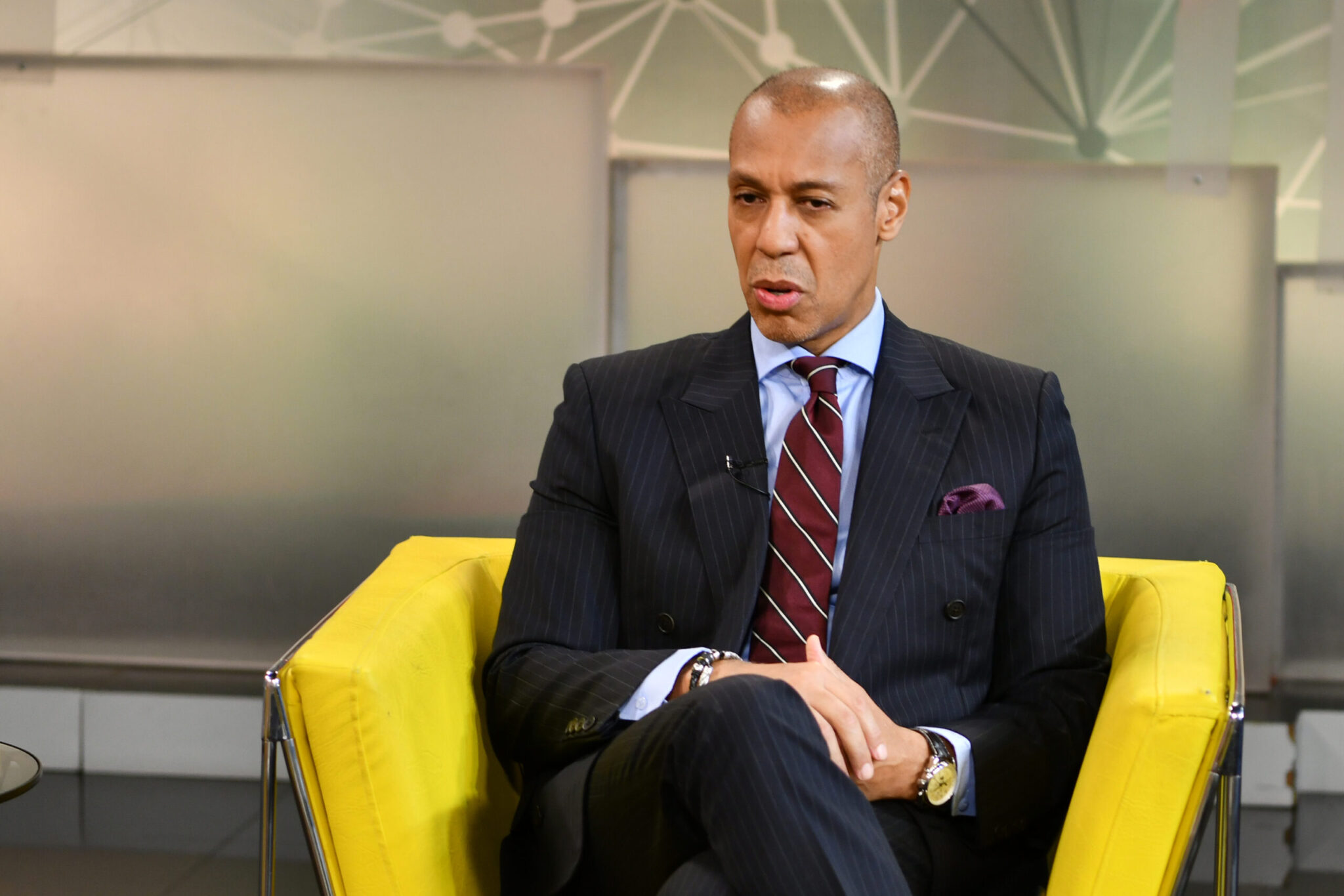Following Venezuela’s recent passage of a legal instrument to undermine Guyana’s control over the Essequibo region, the Dominican Republic’s Ambassador to Guyana, Ernesto Torres-Pereyra, emphatically stated that his country is opposed to such measures.
“Any act that compromises regional peace should not be endorsed,” the Ambassador told local journalists during a weekend briefing at his embassy in Georgetown.
He further noted that any action that can be a factor in altering or jeopardizing the peace in the region is a matter of grave concern.
“We were very emphatic in expressing our point of view regarding this issue, that international mechanisms are the only viable way of solving such a situation. We believe that independent, individual actions that can compromise the status quo and the atmosphere of stability and peace in the region should not be endorsed,” the Ambassador added.
CIA Director pays visit to Guyana amidst Venezuela tensions | OilNOW
The DR envoy also reiterated the need to promote dialogue and utilize the International Court of Justice (ICJ) to resolve any dispute or controversy.
Even as the matter of the border controversy continues to engage the ICJ, Venezuelan authorities still passed a law on March 21, 2024, to undermine Guyana’s control over the Essequibo region. The Organic Law for the Defense of Guayana Esequiba outlines steps for the establishment of a State of Guayana Esequiba, including the appointment of a governor and the assumption of legislative functions by the National Assembly until a more permanent governance structure is established. Additionally, it mandates the inclusion of Guayana Esequiba in all political maps of Venezuela and establishes a High Commission for the state. The law is now pending constitutional ratification by Venezuela’s Supreme Court of Justice.
The Ministry of Foreign Affairs and International Cooperation of Guyana has since condemned this move by Venezuela, deeming it a “flagrant violation of Guyana’s sovereignty and territorial integrity”. The ministry also said the law breaches “the fundamental principles of international law enshrined in the United Nations Charter.”
Guyana said it contradicts the provisional measures issued by the ICJ on December 1, 2023, and the Argyle Declaration agreed on December 14, 2023, by leaders of CARICOM, Brazil, the UN Secretary-General’s representative, and the Presidents of Guyana and Venezuela.
It is important to note that the ICJ prohibited both Guyana and Venezuela from committing any act that would aggravate the territorial controversy. In the Argyle Declaration, the Presidents of the two nations agreed to maintain peace.
Following Guyana’s condemnation of Venezuela’s latest act of aggression, the Spanish-speaking territory issued a statement on Saturday, March 23, 2024, noting its right to create laws as it deems necessary.
Venezuela’s military posture does not conform with its diplomatic stance – Todd | OilNOW
“…Venezuela reminds Guyana that, under no circumstances, is it obliged to give explanations about the legislative processes of its institutions. Our Bolivarian Constitution is very clear in declaring that national sovereignty resides exclusively in the people,” the statement said.
Venezuelan authorities also said they remain committed to the process of dialogue as promoted in the Argyle agreement and ratified at the meeting of Foreign Ministers of Venezuela and Guyana held in Brasilia, on January 25, 2024.




